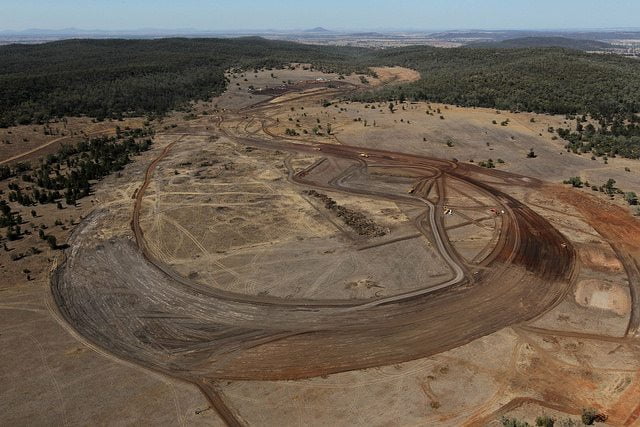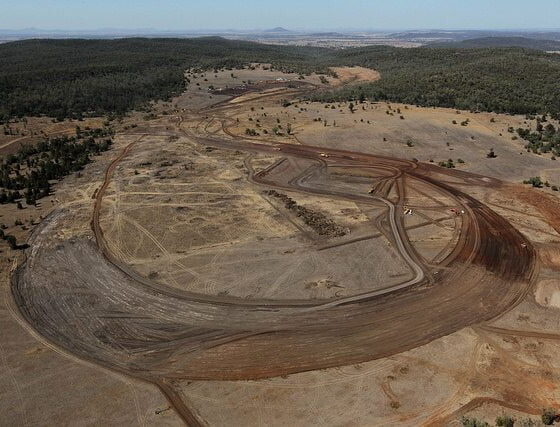

Energy
Sydney University urged to divest from Whitehaven Coal
Students and environmentalists have condemned Sydney University for its $900,000 (£504,000) investment in a controversial coal mine.
According to Greenpeace, the leading Australian university has confirmed that 0.1% of its investment fund has been channeled into shares in Whitehaven Coal, the company behind the $767 million (£430m) Maules Creek mine.
Construction at Maules Creek started in January 2014, and the mine is now said to be more than half finished. Operations are expected to begin in March 2015.
Critics of the project are concerned about its potential environmental impact. Its development will require the destruction of much of the ancient Leard State Forest, which is home to many endangered species.
Environmentalists also say the mine will emit approximately 30 million tonnes of carbon per year. This means that over its 30-year lifetime it will emit twice as much carbon as the Australian government plans to save with its climate change action plan.
With this in mind, campaigners have urged the university to ditch its holdings in Whitehaven.
“A university like Sydney University promotes itself as green and ethical,” said Greenpeace spokesman Nikola Casule.
“They generally promote a green image so for them to live up to that, today we’re calling on the vice chancellor, Michael Spence, to sell all shares in this coal company.”
In a statement, the university insisted that its investment portfolio “is under constant review to ensure our social, environmental and governance responsibilities are balanced with our responsibilities to students, staff and donors.”
The growing fossil fuel divestment movement has enjoyed particular success amongst universities, thanks to student participation and universities’ positions as moral leaders.
London University’s School of Oriental and African Studies (SOAS) temporarily froze its investment in fossil fuel companies in July, pledging to consider full divestment.
The University of Glasgow said it would decide on full divestment in February, while the prestigious Stanford University has pledged to switch its investments from coal to “sustainable solutions”.
Campaigners have urged universities and other shareholders to divest from coal, oil and gas firms not just because of their environmental impacts, but also the financial risks they may incur.
Some experts say that if policies were introduced to ensure that the majority of fossil fuel reserves stay buried, the assets of fossil fuel firms would be severely devalued – leaving them as ‘stranded assets’.
One recent study estimated that the world’s biggest 20 oil projects are putting $91 billion (£54bn) of investors’ money at risk as a result of this.
Photo: Leard State Forest via Flickr
Further reading:
Al Gore: economic case for coal divestment as strong as moral one
Australian National University to take sustainable investment advice from CAER
Top 20 undeveloped oil projects will risk $91bn of investment
Oxford residents and students to march for fossil fuel divestment
Divestment: Stanford to shift investments in coal towards ‘sustainable’ solutions


 Environment12 months ago
Environment12 months agoAre Polymer Banknotes: an Eco-Friendly Trend or a Groundswell?

 Features11 months ago
Features11 months agoEco-Friendly Cryptocurrencies: Sustainable Investment Choices

 Features12 months ago
Features12 months agoEco-Friendly Crypto Traders Must Find the Right Exchange

 Energy11 months ago
Energy11 months agoThe Growing Role of Solar Panels in Ireland’s Energy Future





























